Oral Presentations Schedule
Programme Schedule tentative and subject to change.
Programming time is Eastern Standard Time.
RSG Schedule |
||
| Monday – Day 1 – November 16, 2019 |
||
| Go directly to: Tuesday, Nov 17 – Wednesday, Nov 18 (DREAM) – Thursday, Nov 19 (DREAM) | ||
| START TIME |
END TIME |
SESSION TYPE |
| 10:00 am | 10:05 am | Welcome and Intro |
| 10:05 am | 10:50 am | Keynote - Su-In Lee Explainable Artificial Intelligence for Biology and Health |
| 10:50 am | 11:50 am | Complex Molecular Interactions
|
| 11:50 am | 12:30 pm | Break |
| 12:30 pm | 1:15 pm | Special Session Keynote - Sara Mostafavi Machine Learning for extracting meaningful patterns in large genomics datasets |
| 1:15 pm | 2:15 pm | Special Session on Regulatory and Systems Genomics in Immunology
|
| 2:15 pm | 3:00 pm | Special Session Keynote - Harinder Singh Genomic Regulatory Codes and Transcriptional Circuits Controlling Mammalian Cell States and their Dynamics |
| 3:00 pm | 4:00 pm | Posters |
| Tuesday – Day 2 – November 17, 2019 |
||
| Go directly to: Monday, Nov 16 – Wednesday, Nov 18 (DREAM) – Thursday, Nov 19 (DREAM) | ||
| START TIME |
END TIME |
SESSION TYPE |
| Open Poster Viewing | ||
| 10:00 am | 10:05 am | Welcome and Intro |
| 10:05 am | 10:50 am | Keynote - Brenda Andrews Systematic genetic perturbation screens to map biological networks |
| 10:50 am | 11:50 am | Single Cell Analysis
|
| 11:50 am | 12:30 pm | Break |
| 12:30 pm | 1:15 pm | Keynote - Ziv Bar-Joseph Reconstructing dynamic regulatory networks from time series single cell data |
| 1:15 pm | 2:15 pm | From Sequence to Function
|
| 2:15 pm | 3:00 pm | Keynote - Elaine Mardis Pediatric CNS Cancers: Exploring Clinical Data to Inform Treatment |
| 3:00 pm | 4:00 pm | Networking |
DREAM Schedule |
||
| Wednesday - Day 3 – November 18, 2020 |
||
| Go directly to: Monday, Nov 16 – Tuesday, Nov 17 – Thursday, Nov 19 (DREAM) | ||
| START TIME |
END TIME |
SESSION TYPE |
| 10:00 am | 10:10 am | Welcome and Introductory Remarks from Pablo Meyer |
| 10:10 am | 10:50 am | Keynote - Rada Mihalcea Language as a Window into Human Behavior: A Computational Perspective |
| 10:50 am | 11:40 am | Preterm Birth Prediction: Transcriptomics DREAM Challenge Session Chair - James Costello
|
| 11:40 am | 12:10 pm | Metadata Automation DREAM challenge Session Chair - Thomas Schaffer
|
| 12:10 pm | 12:40 pm | Lunch Break |
| 12:40 pm | 1:30 pm | CTD2 Pancancer Drug Activity DREAM Challenge Session Chair - Robert Allaway
|
| 1:30 pm | 1:40 pm | Break |
| 1:40 pm | 2:30 pm | RA2 DREAM Challenge: Automated Scoring of Radiographic Joint Damage Session Chair - Jim Costello
|
| 2:30 pm | 3:30 pm | Posters |
| Thursday - Day 4 – November 19, 2020 |
||
| Go directly to: Monday, Nov 16 – Tuesday, Nov 17 – Wednesday, Nov 18 (DREAM) | ||
| START TIME |
END TIME |
SESSION TYPE |
| 10:00 am | 10:10 am | Welcome and Introductory Remarks Pablo Meyer |
| 10:10 am | 10:50 am | Keynote - Dina Machuve Poultry Diseases Diagnostics using Deep Learning |
| 10:50 am | 11:40 am | CTD2 Beat AML DREAM Challenge Session Chair - Brian White
|
| 11:40 am | 12:25 pm | BEAT-PD DREAM Challenge Session Chair - Solveig Sieberts
|
| 12:25 pm | 12:55 pm | Lunch Break |
| 12:55 pm | 1:30 pm | The EHR Challenges (The COVID-19 EHR DREAM Challenge and the EHR DREAM Challenge) Session Chair - Justin Guinney
|
| 1:30 pm | 2:00 pm | The Future of DREAM Justin Guinney |
| 2:00 pm | 3:00 pm | Networking |

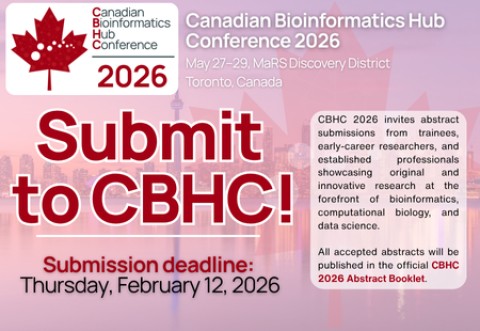
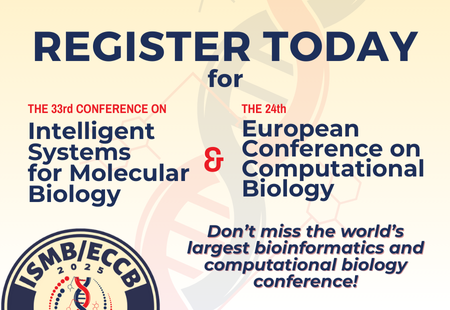

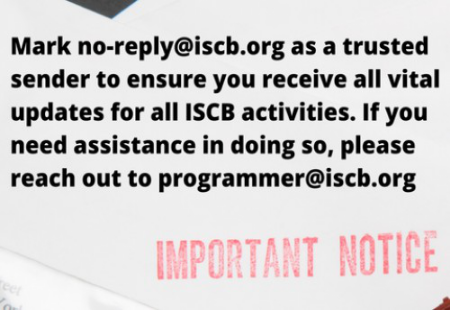

















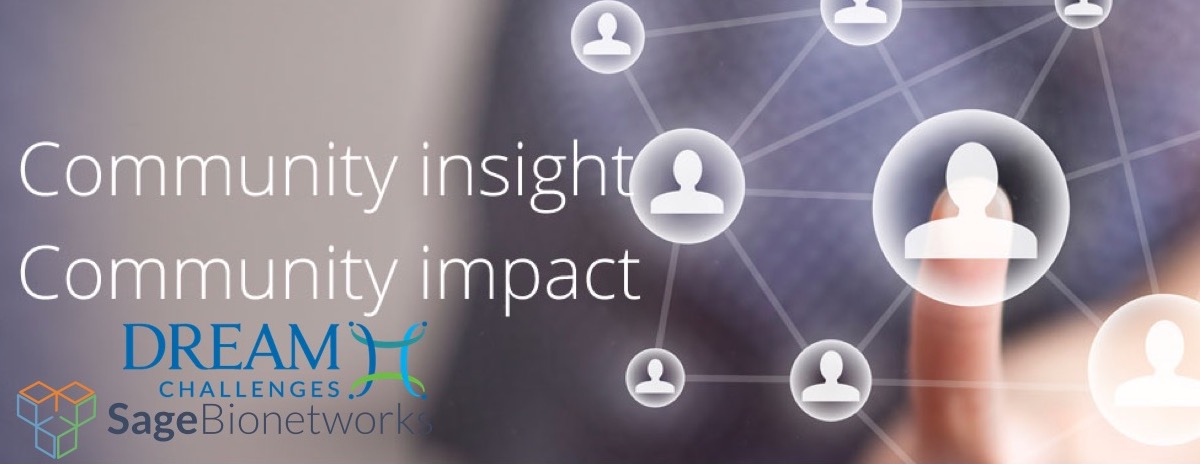
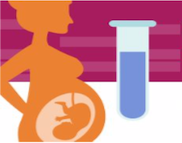

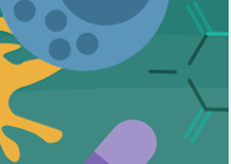


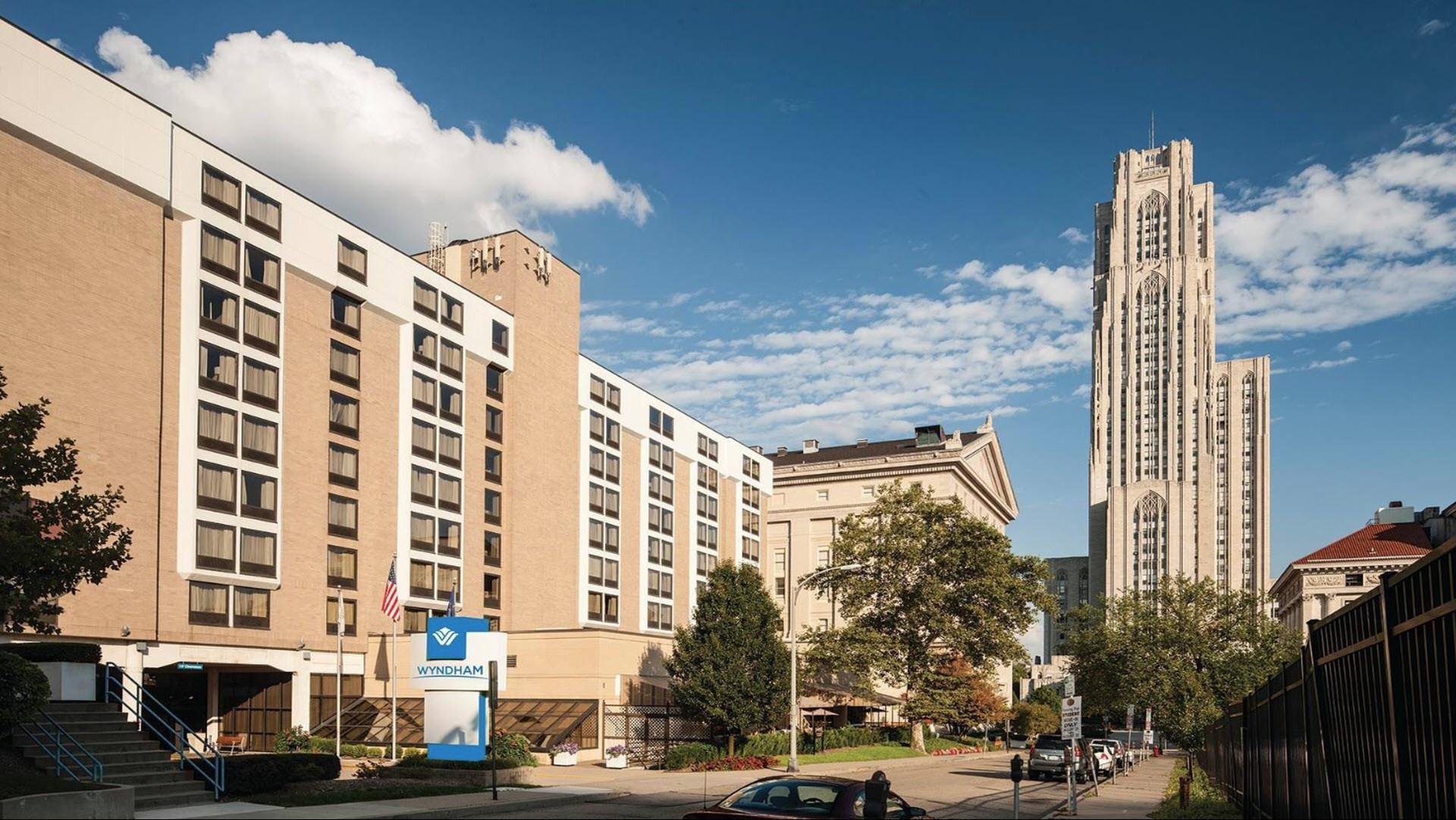 distance to Carnegie Mellon University and the University of Pittsburgh. Enjoy easy access to Oakland and other East End neighborhoods, a multitude of cultural destinations to include the Carnegie Museum of Natural History and the Phipps Conservatory and Botanical Gardens, and exciting shopping and dining.
distance to Carnegie Mellon University and the University of Pittsburgh. Enjoy easy access to Oakland and other East End neighborhoods, a multitude of cultural destinations to include the Carnegie Museum of Natural History and the Phipps Conservatory and Botanical Gardens, and exciting shopping and dining.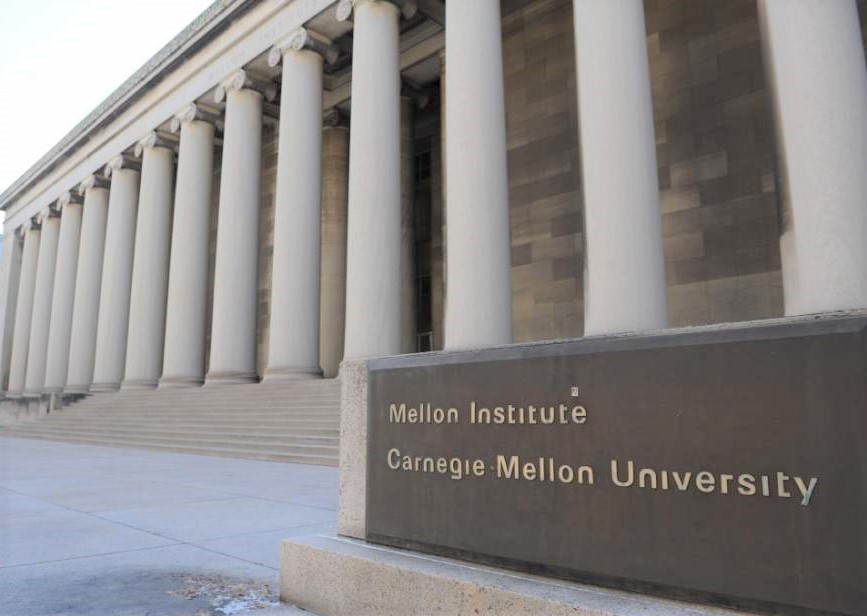
 Now in its thirteenth year, the RECOMB/ISCB Conference on Regulatory and Systems Genomics with DREAM Challenges, is one of the premier annual meetings in the fields of regulatory genomics, systems biology, and network visualization. This multidisciplinary conference brings together both computational and experimental researchers from across the world to discuss recent discoveries about genomic and molecular regulatory networks as well as innovative, integrative methods for developing a systems-level understanding of biological activity.
Now in its thirteenth year, the RECOMB/ISCB Conference on Regulatory and Systems Genomics with DREAM Challenges, is one of the premier annual meetings in the fields of regulatory genomics, systems biology, and network visualization. This multidisciplinary conference brings together both computational and experimental researchers from across the world to discuss recent discoveries about genomic and molecular regulatory networks as well as innovative, integrative methods for developing a systems-level understanding of biological activity.



